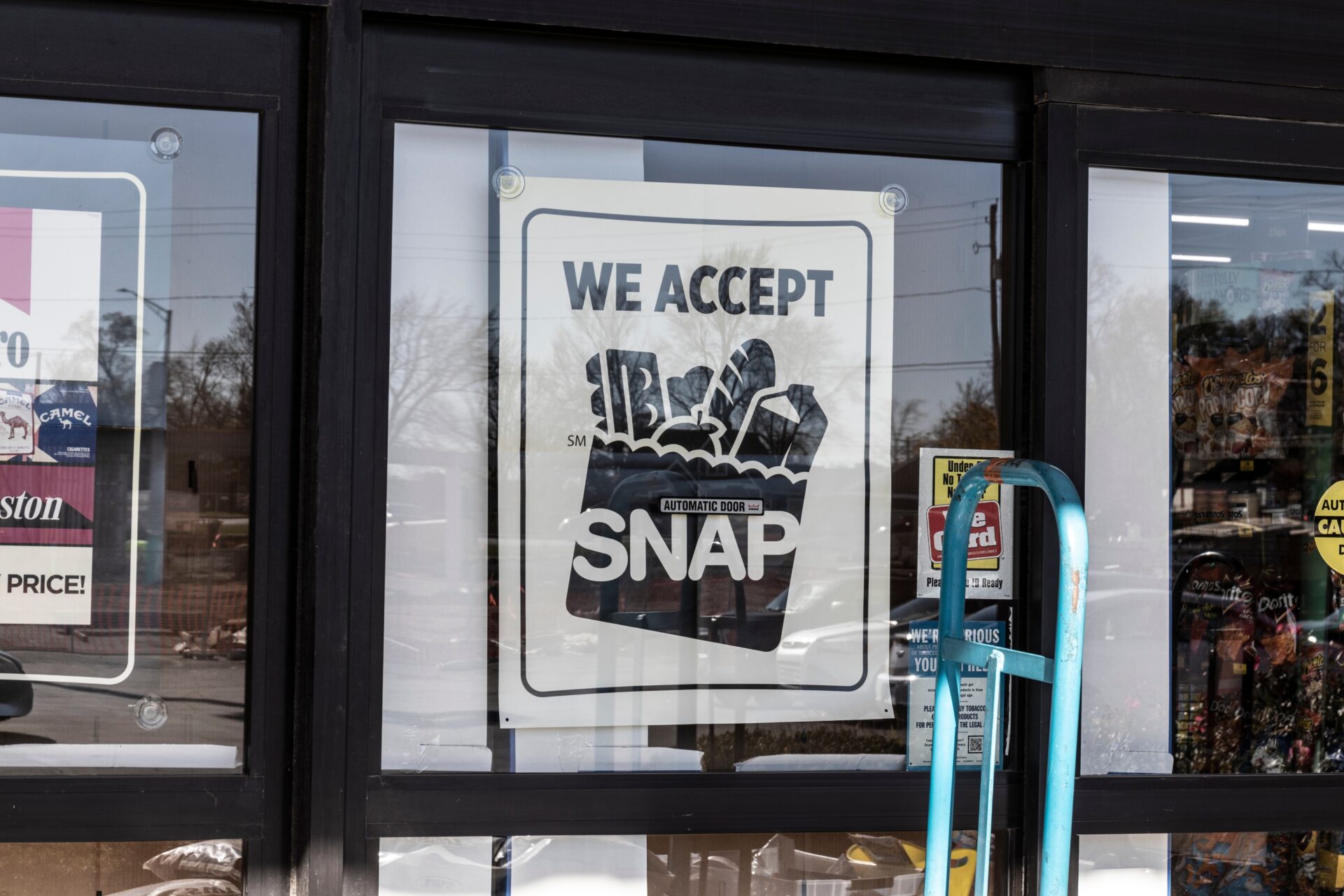
Shapiro SUES USDA – Farms & Food Banks HIT
Pennsylvania Governor Josh Shapiro takes legal action against the USDA after the federal agency abruptly canceled a $13 million program that connected local farms to food banks across the state.
At a Glance
- Governor Shapiro filed a lawsuit against the USDA on May 4 over the termination of the Local Food Purchasing Assistance Program
- The canceled program provided $13 million to support 189 Pennsylvania farms and 14 food banks
- The program was intended to continue supporting Pennsylvania’s local food system through 2027
- Shapiro announced the legal action at Philadelphia’s Share Food Program, one of the beneficiaries
- The lawsuit accuses the USDA of unlawfully breaking its commitment to Pennsylvania farmers and food-insecure residents
Governor Takes Federal Agency to Court
Governor Josh Shapiro announced the Commonwealth of Pennsylvania is suing the U.S. Department of Agriculture for abruptly terminating a program that provided critical support to hundreds of local farms and food banks across the state. The lawsuit, filed May 4, challenges the USDA’s decision to end the Local Food Purchasing Assistance Program, which had been allocated $13 million to strengthen Pennsylvania’s agricultural sector and food security network through 2027.
The program was designed to create a direct pipeline between 189 local farms and 14 food banks throughout Pennsylvania, ensuring fresh, locally-grown produce reached communities in need. Shapiro made the announcement at the Share Food Program in Philadelphia, one of the food banks directly impacted by the USDA’s decision. According to the lawsuit, the termination threatens both the livelihood of farmers who relied on the guaranteed purchases and the nutritional security of vulnerable Pennsylvanians.
Impact on Pennsylvania’s Food Security Network
The Local Food Purchasing Assistance Program represented a significant investment in Pennsylvania’s agricultural economy and hunger relief infrastructure. By connecting local farms directly to food banks, the program created a sustainable system that supported small and mid-sized agricultural operations while simultaneously addressing food insecurity. The program was particularly valuable in rural areas where both farming communities and food access can be precarious.
The USDA’s decision to terminate the program comes at a challenging time for food banks across the state, which have reported increased demand following the end of pandemic-era benefit programs. Without the LFPA program, these organizations will need to find alternative sources for fresh produce or potentially reduce the quantity and quality of food distributed. For the 189 farms involved, the program’s cancellation means the loss of a reliable market for their products.
Legal Arguments and Federal Obligations
The lawsuit contends that the USDA violated federal law by terminating the program without proper justification or procedure. Shapiro’s administration argues that the federal agency had made binding commitments to fund the program through 2027, creating reasonable expectations for both the state government and program participants. The legal challenge seeks to force the USDA to honor its original agreement and restore the $13 million in funding.
The case highlights broader tensions between state and federal agricultural policies and raises questions about the reliability of federal funding for state-administered programs. Agricultural experts note that the unpredictable nature of federal support creates significant planning challenges for both state agencies and farmers, who often make planting and investment decisions based on anticipated market opportunities. The outcome of this lawsuit could potentially impact how similar programs are structured and funded in the future.
Broader Implications for Farm-to-Food-Bank Programs
Pennsylvania’s lawsuit against the USDA reflects growing concern about the sustainability of farm-to-food-bank initiatives nationwide. These programs have gained popularity as a way to address multiple policy objectives simultaneously: supporting local agriculture, reducing food waste, improving nutrition for vulnerable populations, and strengthening regional food systems. The abrupt termination of Pennsylvania’s program raises questions about the long-term viability of similar initiatives in other states.
Food security advocates point out that consistency and reliability are essential for effective hunger relief programs. The disruption caused by the USDA’s decision extends beyond immediate financial concerns to affect the relationship between farmers, food banks, and the communities they serve. As the legal battle unfolds, both Pennsylvania farmers and food banks are left in a state of uncertainty about how to maintain the connections and systems developed under the now-terminated program.


